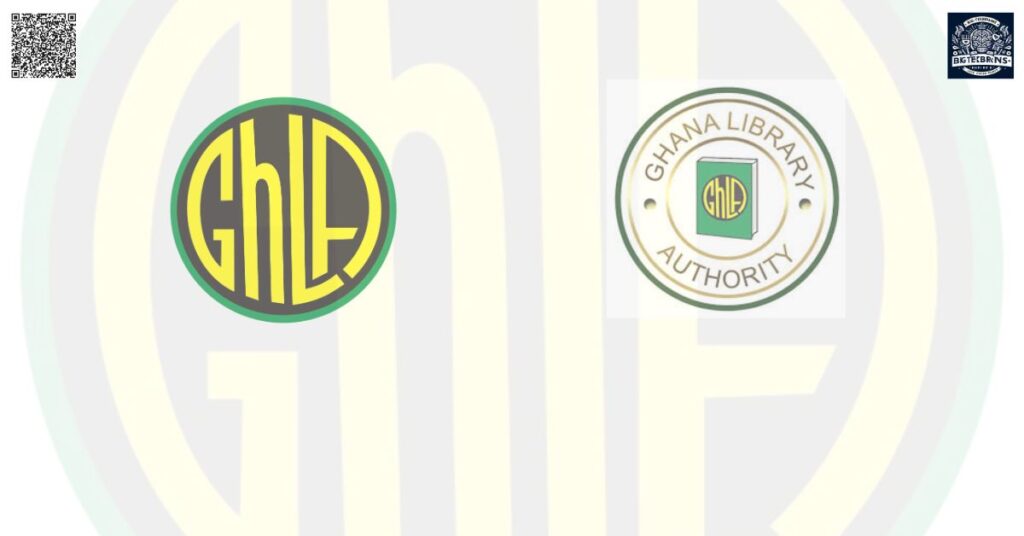Excerpt
The Ghana Library Authority (GhLA), formerly known as the Ghana Library Board, has been instrumental in promoting literacy and providing access to information across Ghana. This article delves into its historical background, constitutional mandates, leadership structure, operational units, recruitment processes, affiliations, and significant reforms.
Historical Background
The origins of public library services in Ghana trace back to 1928, initiated by Anglican Bishop John Orfeur Aglionby in Accra. In 1946, the Aglionby Library Management Committee collaborated with the British Council Advisory Committee to advance library development in the Gold Coast. This collaboration led to the enactment of the Gold Coast Library Board Ordinance, Cap 118, in December 1949, which became operational on January 1, 1950. The British Council contributed a librarian and a collection of 27,000 books to kickstart the public library service. The ordinance was later re-enacted as the Ghana Library Board Act, 1970 (Act 327).
Constitutional Mandates
Under the Ghana Library Board Act, 1970 (Act 327), the GhLA is mandated to establish, equip, manage, and maintain public libraries throughout Ghana. The Act empowers the Authority to take necessary steps to fulfill these functions and uphold the principles outlined within.
Leadership Structure
The GhLA is governed by a Chief Executive Officer (CEO) who oversees its operations. In 2018, President Nana Addo Dankwa Akufo-Addo appointed Hayford Siaw, a renowned social entrepreneur, as the CEO. The Authority also comprises regional librarians who manage library services across various regions in Ghana.
Operational Units
The GhLA operates through a network of regional and branch libraries, each catering to the specific needs of its community. These libraries are organized into sections such as Lending, Reference, Children’s, and Extension services. The Extension section includes the Mobile Library Service, which reaches underserved communities, providing lending services and ICT classes to schools lacking computer facilities.
Recruitment Process
The recruitment process within the GhLA is designed to attract qualified individuals committed to advancing the Authority’s mission. While specific details about the recruitment process are not explicitly provided in the available sources, it is typical for public sector organizations in Ghana to conduct transparent recruitment exercises, often involving public advertisements, competitive examinations, and interviews to select suitable candidates for various roles.
Affiliations and Partnerships
The GhLA collaborates with various national and international organizations to enhance its services. Notably, it works with the Ghana Library Association, the main recognized body representing libraries and information services in the country. Additionally, partnerships with entities like the British Council have been pivotal in the Authority’s development.
Significant Reforms
- In 2021, the GhLA declared the “Year of Literacy” under the theme “Eliminating Learning Poverty through Public Library Services.” This initiative aimed to expand the Authority’s obligations to meet the demands of Ghanaians, both digitally and manually. The GhLA’s proactive response to the COVID-19 pandemic was internationally recognized, earning two global awards for its efforts.
References
- https://www.library.gov.gh/assets/brochure/brochure.pdf
- https://ghalii.org/akn/gh/act/1970/327/eng%401970-12-31
- https://en.wikipedia.org/wiki/Ghana_Library_Authority
- https://gla.org.gh/
- https://www.library.gov.gh/en/annual-reports/uploads/GhLA-Annual-Report-2021.pdf
- https://www.graphic.com.gh/news/education/ghana-library-authority-ceo-honoured.html
- https://www.library.gov.gh/
- https://www.dennislawgh.com/law-preview/ghana-library-authority-act/942
- https://www.devex.com/organizations/ghana-library-authority-252382
- https://www.ghana.gov.gh/mdas/8e594c7f3b/

